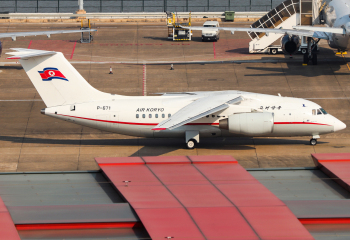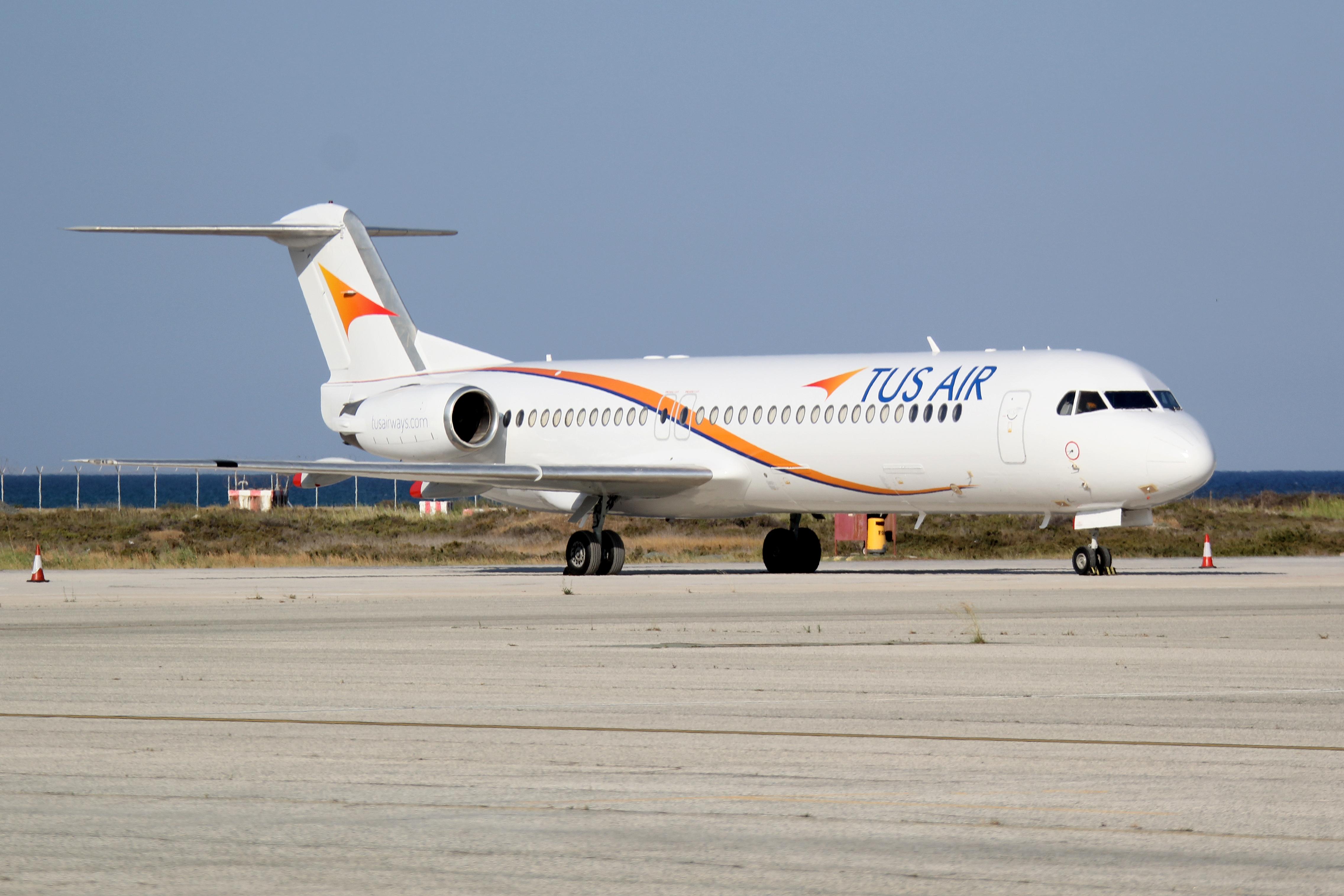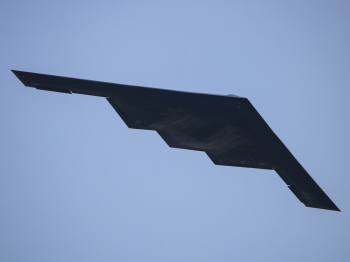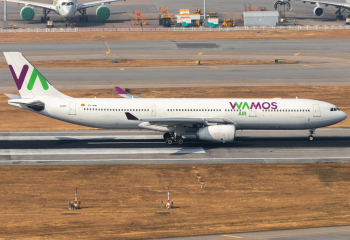Azul, the third-largest airline in Brazil, is a major force in the South American aviation industry. Founded in 2008, the company has established itself as a leader in low-cost flights throughout the country. In the past decade, Azul has made a name for itself as a reliable and affordable carrier, with dozens of destinations across Brazil.
Azul was founded by David Neeleman, a Brazilian-American entrepreneur who had previously founded JetBlue in the United States. With the help of a group of investors, Neeleman launched Azul in 2008, with the goal of becoming “the largest, most efficient and safest airline in Brazil.” The company began operations with a fleet of Embraer 190 jets, and quickly expanded its offerings to include flights to more than 30 cities within Brazil.
Azul’s initial success was thanks in part to the company’s innovative business model, which focused on creating a low-cost airline without sacrificing quality. The airline also made a point of investing in its employees, and was the first Brazilian airline to offer its workers a profit sharing plan.
In 2012, Azul made its first international flight, to Miami, Florida. This was followed by additional routes to cities in the United States and Europe, as well as to Argentina, Peru, and Uruguay. Azul continued to expand, and by the end of 2013, the airline’s fleet had grown to include over 50 aircraft.
Azul’s most significant milestone came with the launch of its long-haul fleet in 2016. The airline began to operate flights to the United States, Europe, and Africa, as well as to other cities within Brazil. This expansion allowed Azul to offer travelers direct flights from Brazil to major cities throughout the world.
Azul has had a few incidents over the years, including a fatal accident in 2018 involving an Embraer E190 jet. The incident resulted in the death of all but one passenger on board, and the cause of the crash was determined to be pilot error. Additionally, the airline was subject to a federal investigation in 2020 due to its use of a controversial ticket-pricing system.
Despite these incidents, Azul has continued to thrive, offering low-cost flights to dozens of destinations in Brazil and around the world. The airline is also an industry leader in terms of safety and customer service, and has been recognized multiple times for its excellence in these areas. As Azul continues to grow and expand, it is poised to remain at the forefront of the Brazilian aviation industry for years to come.





Comments